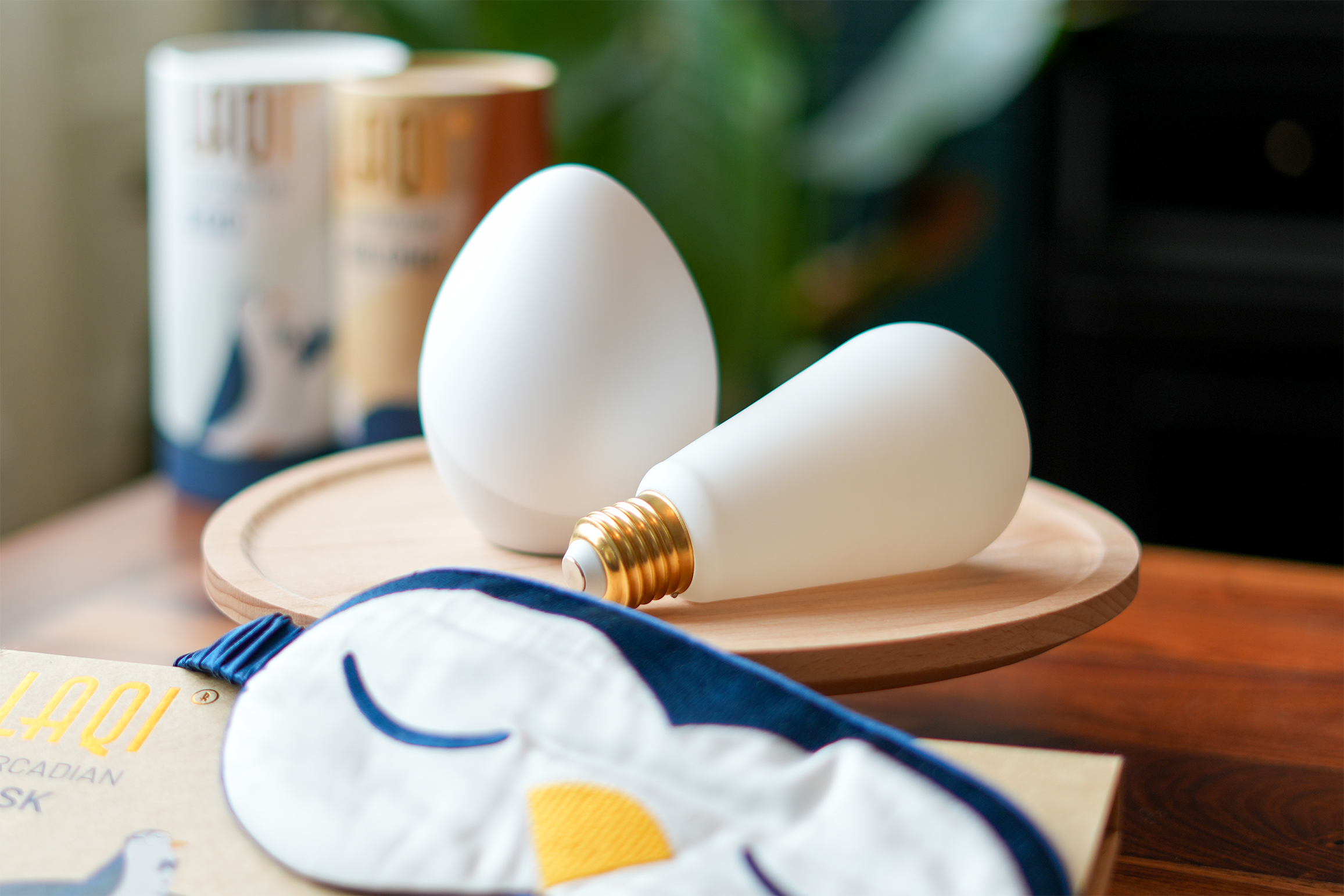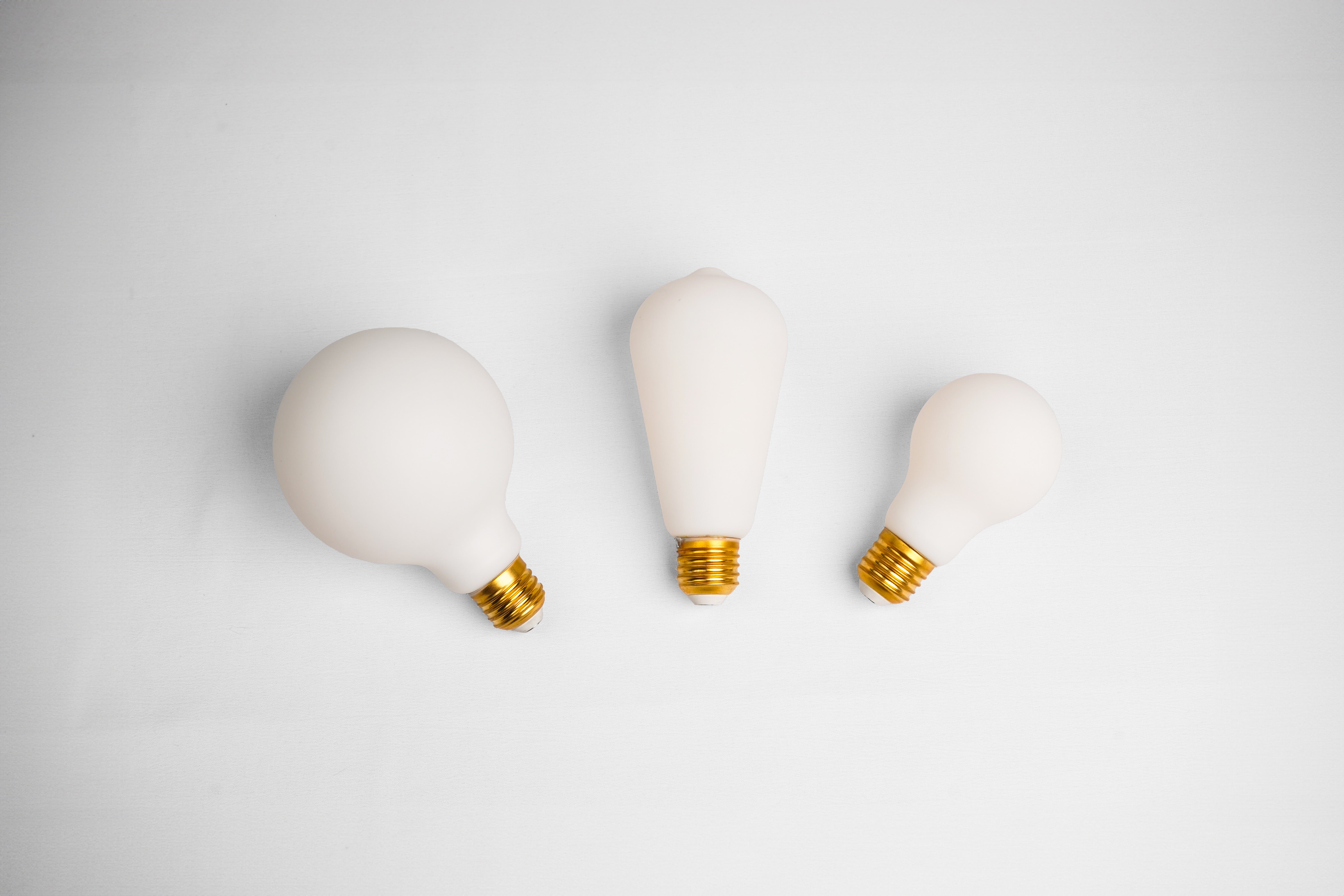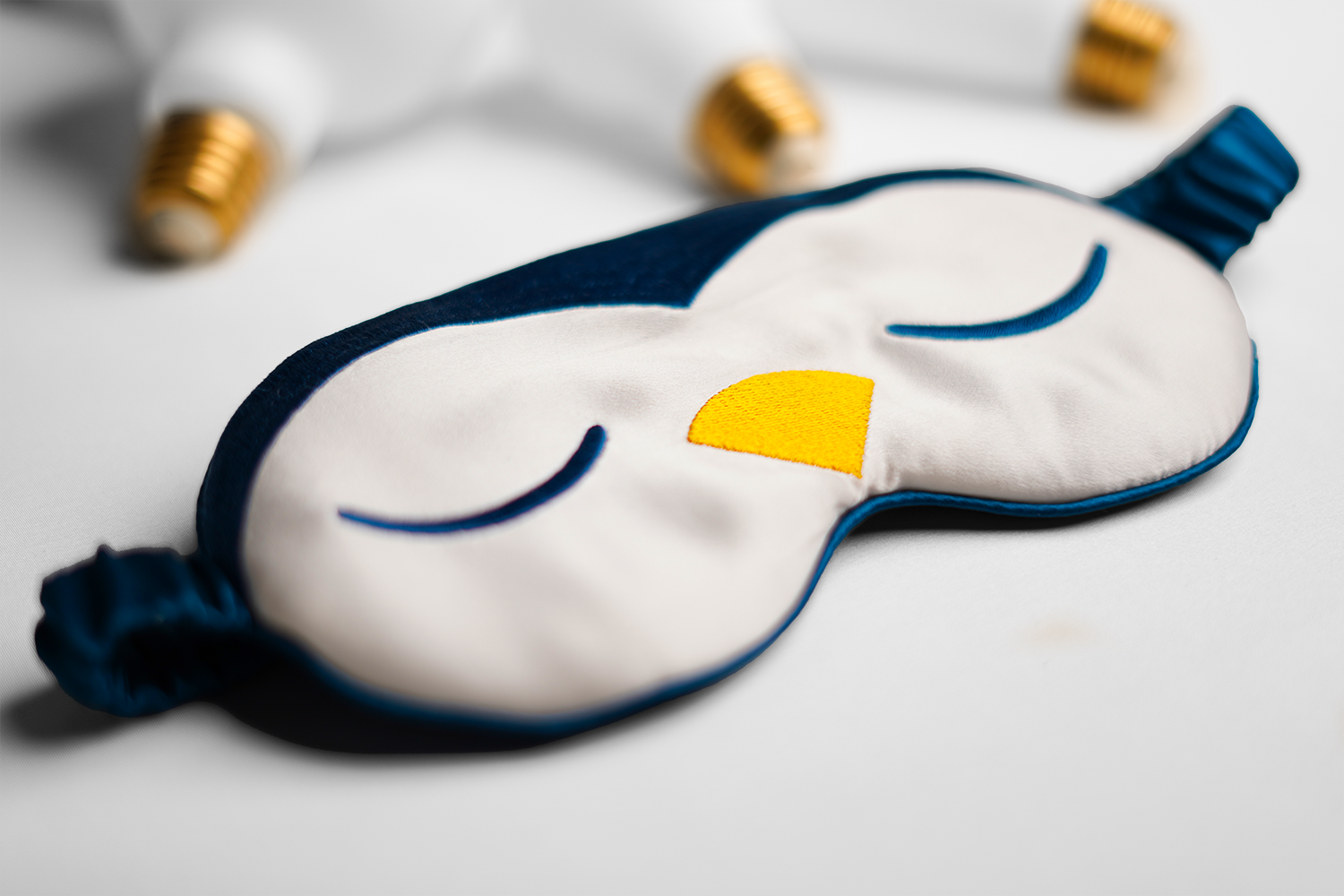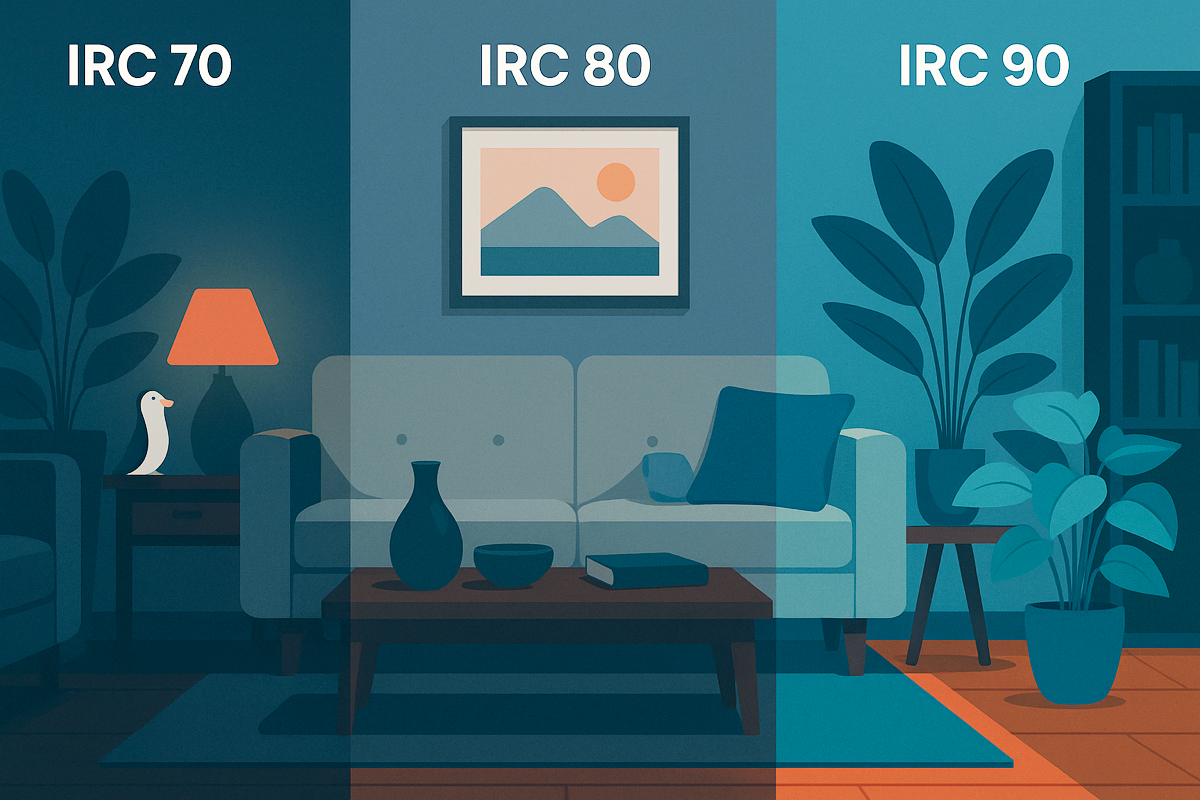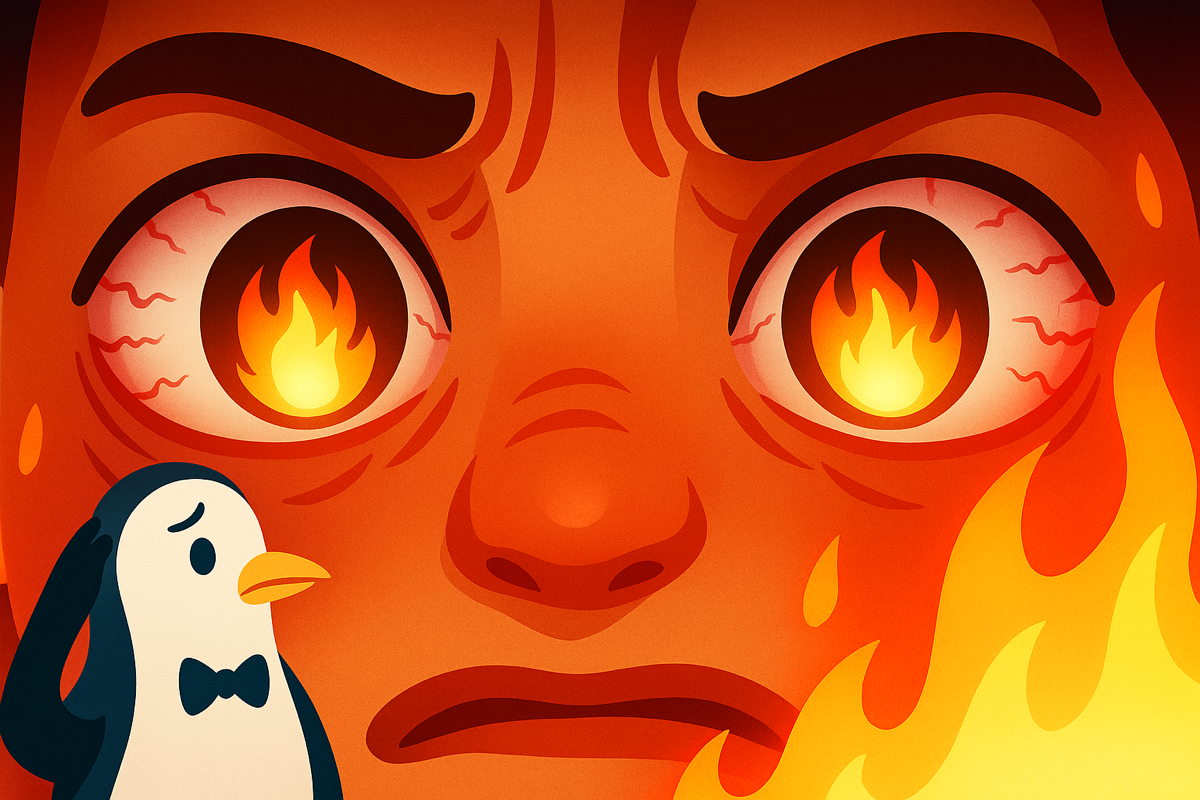Reading time: 4 min
In short:
A sleepless night can't be fully compensated, but you can help your body recover faster. The right thing to do? Reestablish a clear daylight rhythm the next day. And avoid the classic mistake of disrupting your entire schedule.
📌 Summary
What happens after a sleepless night?
Going through a night without sleep is like running on a dead battery. The brain becomes slower, emotions more vivid, and memory less stable. The body produces more cortisol and less melatonin. The entire balance is disrupted.
Beyond fatigue, a sleepless night affects body temperature, the immune system, and even digestion. The brain enters "survival mode" and prioritizes vital tasks. It's not a serious problem... but it should be avoided regularly.
Can we make up for lost sleep?
Not entirely. The body partially compensates by increasing the proportion of deep sleep the following night. But you can't "store" sleep in advance or recover everything that's been lost.
Naps can help, but they should be short (20–30 minutes) so as not to disrupt the evening sleep cycle. The key is not to disrupt the rhythm. Don't sleep all day. Get back to a normal cycle quickly to avoid a vicious cycle.
Light to restart the clock
The pitfall after a sleepless night is staying in the dark or exposing yourself to unsuitable light. Yet, it's precisely morning light that helps the body resynchronize.
Expose yourself to bright light as soon as you wake up. Your brain will understand that you need to stay awake, even if you're tired. In the evening, reverse the process: warm, subdued light, which promotes melatonin production. The right lighting accelerates cycle repair.
The Laqi solution for faster recovery
Laqi ampoules help the body reset itself:
- Bright light in the morning to boost energy
- Soft, warm light in the evening to boost melatonin
And all this automatically, without you having to think about it. Light becomes a natural recovery tool, complementary to sleep itself.
💬 FAQ
Should you sleep in after a sleepless night?
It is better to get up at your usual time and go to bed earlier the next night to maintain the rhythm.
How long does it take to recover?
Generally, a good night's sleep is enough to partially compensate. But some effects can last for 48 hours.
What if I have several sleepless nights in a row?
The withdrawal builds up, with heavier cognitive and hormonal effects. It's important to quickly get back into a stable rhythm.
The night has passed… but all is not lost.
Catching up on a sleepless night means getting your body back in the right rhythm. And when light helps you get back into the rhythm, sleep becomes an ally again—not a battle.
